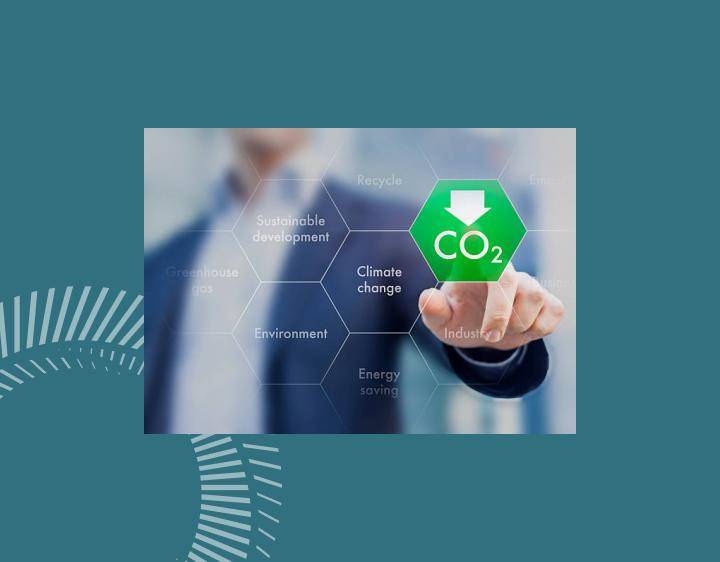
Sustainability is at the core of everything we do at WHEB. As a founding member of the Business Declares network1, we understand that serious changes need to be made by governments and corporations in order to restrict global warming to 1.5oC above pre-industrial levels.
Current and future technology will play a large part in the reduction of greenhouse gas emissions. Widespread lifestyle changes will also need to be made on a global scale in order to avoid catastrophic damage to the planet. To put this into perspective, emissions in 2020 are projected to fall by approximately 8% compared to 2019. This is the largest fall on record, due entirely to the COVID-19 lockdown.2 In order to restrict global temperatures from rising above 1.5oC, the global economy needs to deliver this ‘pandemic’ level of reduction every year for the rest of this decade.3
WHEB has committed to achieve net-zero carbon emissions by 2025. This is an ambitious target, and one that fully demonstrates our support for the Paris Agreement.4 Being an office-based financial services business, WHEB has no Scope 1 Greenhouse Gas (GHG) emissions. Regarding Scope 2 emissions, our office is not powered by renewable energy, however we purchase Renewable Energy Guarantees of Origin which are equivalent to the impact of our power consumption. Consequently, the emissions that WHEB will need to reduce are all captured in our Scope 3 emissions.
Travel has historically made a large contribution to our footprint. We’ve set a carbon budget for our travel which will be decreased by 10% annually. Air travel is only permitted for journeys where the alternative is longer than six hours. We’ve also joined the Climate Perks programme to encourage employees to avoid flying for their holidays.5 We’ve also started to engage our suppliers. First to set carbon reduction targets themselves. Then to report on progress in reducing GHG emissions. We aim to get commitments written into our contracts with suppliers.
WHEB’s largest contribution by far is through our investment decisions and our engagement with portfolio companies. Many of these companies are enabling the transition to a zero carbon economy. Nonetheless, there are still emissions associated with the manufacture and provision of their products and services. WHEB directly engages with the companies in our investment strategies to encourage them to achieve net-zero carbon emissions ideally using science-based targets.
WHEB’s Net Zero Carbon Policy details the actions we will be taking over the next five years, and beyond, to minimise our emissions. It is unlikely that we will be able to reduce our absolute GHG emissions to zero in this time. For those emissions that we cannot eliminate, we will, on an annual basis, purchase carbon offsets that at least cover these residual emissions. We will ensure that these offsets meet the highest standard and are independently certified.6
As a small business our impact is limited. But we will share our progress and work collectively with others to maximise our influence. Above all, we are committed to building a movement with clients, with suppliers, with collaborators and competitors to accelerate progress towards a zero carbon economy.
1 The ‘Business Declares’ network is a network of businesses that have declared a climate emergency and are taking action to tackle it https://businessdeclares.com/
3 https://wedocs.unep.org/bitstream/handle/20.500.11822/30797/EGR2019.pdf?sequence=1&isAllowed=y
4 https://unfccc.int/process-and-meetings/the-paris-agreement/the-paris-agreement
5 https://www.climateperks.com/
6 For example, we plan to use PAS 2060 as a core standard for our carbon offsets.
